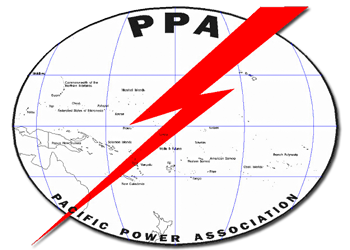Noisy Turbines Debate – Whine from ‘English speakers’
Only English speakers seem to experience so-called wind tur- bine syndrome, a public health expert has asserted to dispute growing complaints against wind farms.
Facing a Senate inquiry yes- terday, Sydney University Pro- fessor Simon Chapman said if it was the case wind farms caused sickness, why had people who had been living near turbines in other countries for 20 years not become ill? But anti-turbine advocates said ailments such as nausea, headaches and sleep- lessness were real and caused by low frequency sound and vibra- tions from wind farms.
The latest round of hearings come three weeks after Tony Abbott attacked wind turbines as “visually awful” and noisy, and created the new role of wind farm commissioner to pass com- munity complaints about the in- dustry on to the States. The National Health and Medical Research Council earlier this year found there was “no consis- tent evidence” wind farms adversely affected human health but urged further studies.
Professor Chapman — who was paid several years ago by a wind energy company for expert advice in a legal case — told sen- ators that “negative expecta- tions” about wind farms could translate into symptoms of tension and anxiety.
“It mirrors many past historical health panics about new technologies that have included the ordinary telephone, trains, television sets, electric blankets, powerlines, computers, mobile phones and towers and today’s wi-fi and smart electricity meters,” he said.
“How is it that non-anglo- phone nations with large-scale wind farms like Germany, Den- mark, Spain, Portugal, Nether- lands and Sweden there is little to no history of complaints.
“It is, as some people have observed, a phenomenon which perhaps speaks English.”
German wind farm company Senvion said it had installed more than 6000 turbines “and we’ve not had a single reported case of sickness resulting from the operation of a wind turbine”.
But Waubra Foundation chief Sarah Laurie, a former doctor, said there had been “systemic regulatory failure” by health and environmental authorities to investigate and act decisively to avoid serious health damage.
By: Andrew Tillett, Canberra
